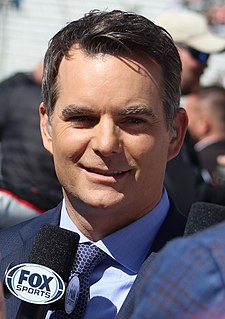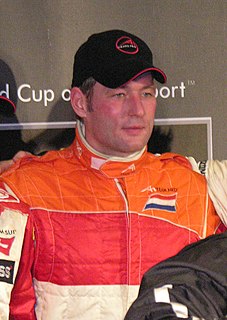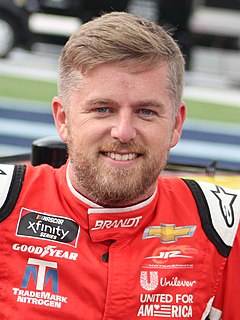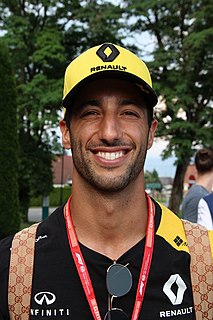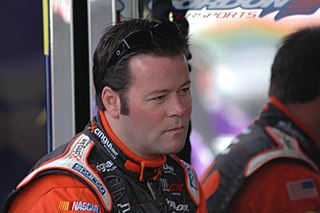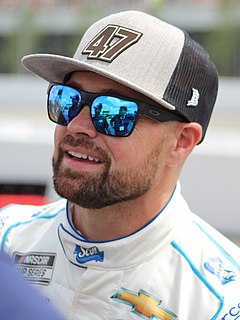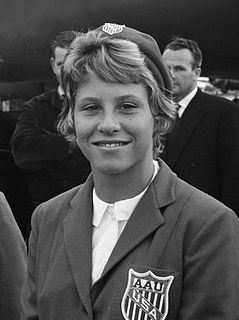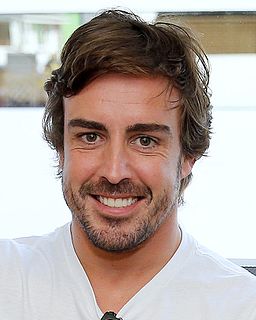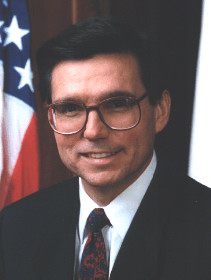A Quote by Jeff Gordon
You're still going to see accidents, you always will. Especially towards the closing laps of a race.
Related Quotes
Closing your eyes isn't going to change anything. Nothing's going to disappear just because you can't see what's going on. In fact, things will even be worse the next time you open your eyes. That's the kind of world we live in. Keep your eyes wide open. Only a coward closes his eyes. Closing your eyes and plugging up your ears won't make time stand still.
I'm looking forward to Phoenix. I ran well there last year in the Nationwide Series, and it was one of the tracks I made four Sprint Cup starts at last season. In the Cup race last year, I had a good run going for it being my first time there in a Cup car, and unfortunately got damage from an accident. It's not a restrictor plate race, so this will be the first time this season that I will run a lot of laps in practice. It's also the first race for the new qualifying format, so it will be interesting to see how that works out. Overall, I just want to have a solid run in the BRANDT Chevy.
I found out from my own experience that the best way to involve my daughter, Joanna, in sports is to participate with her. Recently, a mother asked me how I got my children to swim laps. The truth is, I've never asked my children to do laps. They see me do laps and want to do it with me. Parental participation is one way.
The ghosts race towards the light, you can almost hear the heavy breathing spirits, all determined to get somewhere. New Orleans, unlike a lot of places you go back to and that don't have the magic anymore, still has got it. Night can swallow you up, yet none of it touches you. You can't see it, but you know it's here. Somebody's always sinking.
It's going to be so wonderful you're going to forget about all your troubles in the past! It's going to be so wonderful you're going to forget about all these things that happened before, those terrible things you've been through! Hallelujah? It will be worth it all when we see Jesus! Life's trials will seem so small, when we see Christ! One glimpse of His dear face, all sorrow will erase! So bravely run the race, 'til we see Christ!
There's a theory of accidents that I studied when I was making a film about nuclear weapons: you can never eliminate accidents, because the measures you introduce to prevent accidents actually produce more accidents. That's certainly true of this sport; you're flying over 40 feet of what might look like snow, but it's hard as ice, it's as hard as pavement. You're doing acrobatic spins and tricks, 40 feet above pavement, essentially. There's been more accidents since, and there are going to continue to be more accidents, that's the nature of the sport.
There are always more questions. Science as a process is never complete. It is not a foot race, with a finish line.... People will always be waiting at a particular finish line: journalists with their cameras, impatient crowds eager to call the race, astounded to see the scientists approach, pass the mark, and keep running. It's a common misunderstanding, he said. They conclude there was no race. As long as we won't commit to knowing everything, the presumption is we know nothing.
